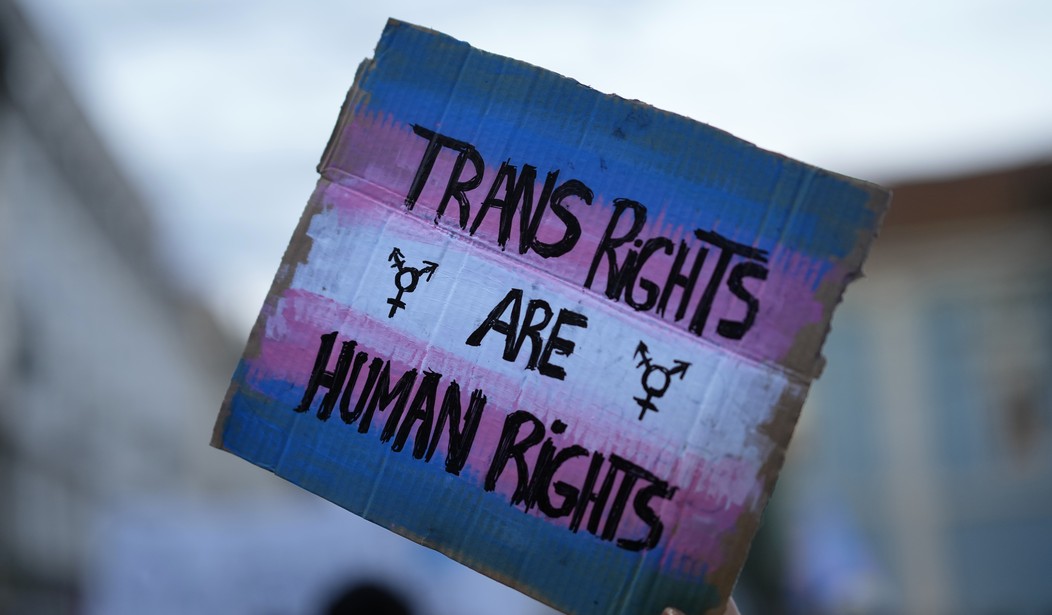Recent studies provide evidence on the effects of puberty blockers on kids, a field where hitherto there has been little to no longterm data or research. And the results are sobering. It turns out trying to tamper with natural biology has bad and sometimes permanent longterm consequences. Who would have thought?
Surprisingly, it’s the New York Times that published an in-depth piece seeking to answer the question: “They Paused Puberty, but Is There a Cost?” The cost not only comes in delayed sexual development but in serious effects such as permanently retarded bone growth, infertility, and potential retarded brain development.
“Many physicians in the United States and elsewhere are prescribing blockers to patients at the first stage of puberty — as early as age 8 — and allowing them to progress to sex hormones as soon as 12 or 13,” the Times said (emphasis added). But yet, “the United States had produced no data on the impact or safety of blockers, particularly among transgender patients under 12.” There are 300,000 “trans” young Americans between the ages of 13 and 17, the Times reported, and an unknown number younger than that. That’s a whole lot of children potentially seeking these treatments. So puberty blockers were being used on kids as young as eight, with no data on the safety and side effects? How is that allowed?
There’s a lot in this Times article, including a lot of framing to make puberty blockers sound very helpful to a good many trans youth—for instance, by saying blockers can mitigate the high depression among “trans” kids. And the article does not mention certain important facts, such as that a recent projection estimated that transgender surgery will likely be a $5 billion industry by 2030 (from $1.9 billion in 2022), which indicates a high financial incentive. The Times also did not note that a majority—as much as 80%—of “trans” youth later change their minds and wish to return to their biological sex, though they are less likely to do so once they take puberty blockers. That said, the Times was far more honest than might have been expected, even putting potential harms toward the top of the article and alleged benefits much farther down.
It is undeniable, of course, that some children do in fact suffer from gender dysphoria, particularly in a culture that is constantly advertising LGBTQ ideology. The question that the New York Times was endeavoring to answer is: Are puberty blockers a good treatment for gender dysphoria? And considering emerging evidence on longterm effects and the lack of previous data, puberty blockers do not look like a particularly good option.
The Times reported that “reviews of scientific papers and interviews with more than 50 doctors and academic experts around the world” reveal the estrogen- and testosterone-suppressing blockers can “affect the bones, the brain and other parts of the body.”
For instance, bone mass “surges” during puberty, but while on blockers “bone density growth flatlines,” according to the Times-commissioned analysis. That “could lead to heightened risk of debilitating fractures earlier than would be expected from normal aging.”
And then there’s the fact that puberty blockers are not merely a delay to give “time” to determine one’s “gender”—such treatments “could force life-altering choices, other doctors warn, before patients know who they really are.” Puberty can be a critical experience for confused children to determine if they do in fact want to be “trans” permanently or not, the doctors warn.
The Times quoted English pediatrician Hilary Cass, who notes that blockers and other treatments can “effectively ‘lock in’ children and young people to a treatment pathway.”
Even Dutch psychologist and child transgender “treatment” pioneer Dr. Peggy Cohen-Kettenis admitted that many “people who were not knowledgeable” have administered “treatments” such as puberty blockers to kids in the transgender craze.
Bone damage is far more likely from puberty blockers, which are often called “reversible,” than originally thought, the Times indicated. The article listed multiple examples. “If any harm resulted from the use of blockers, it likely would not be evident until decades later, with fractures.” And there’s the core issue—problems would likely surface years after the damage was done with no redress. All to feed the fantasy of transgenderism.
One girl highlighted in the Times article who has permanent damage from her years on puberty blockers said of her time as a “transgender” that, “I wish I hadn’t been steered into transitioning the way I was, and that I had been told there were other ways to cope with the discomfort of puberty.” She needed counseling, not puberty blockers.
The Times still tried to justify the damaging blockers, saying “it’s not unusual for research to lag behind the launch of new treatments” or for drugs to lack FDA approval (like the COVID-19 vaccines). But perhaps the effects of puberty blockers highlight how problematic that lack of research before use is?
As one mother put it, “I don’t think we have the science behind them to be prescribing these drugs.”










Join the conversation as a VIP Member